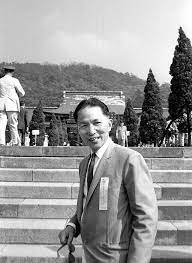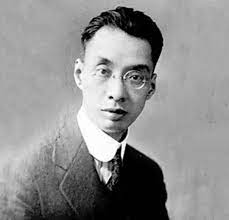T'an P'ing-shan (1887-2 April 1956), one of the most influential Communists in the Kuomintang hierarchy during the 1924-26 period of alliance. Upon his expulsion from both parties in 1927, he became a leader of the so-called Third party at Shanghai. He was readmitted to the Kuomintang in 1937, but he later helped organize the dissident […]










